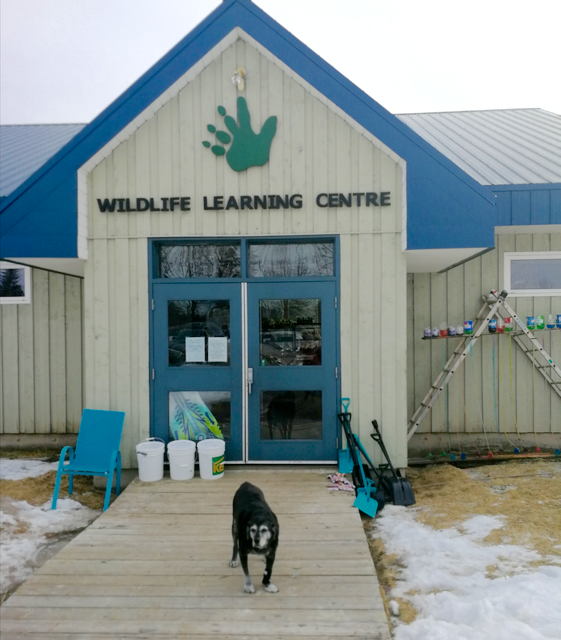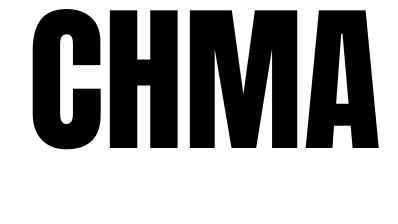It’s March Break in New Brunswick, which means kids are out of school, and families are either enjoying some much needed downtime together, or scrambling to fill a week-long gap.
The Atlantic Wildlife Institute (AWI) in Cookville is helping fill that gap this year with a March break camp for kids interested in spending time outdoors, learning more about nature.

Greg Osowski and his partner Chris MacLeod run the camp, which is based in the education centre at AWI. Osowski says the goal is nature-based learning. “So we are learning about how maple syrup is made,” says Osowski. “We’re gathering sap, and we’re going to have sugar on snow at the end of the week. We are learning how to use different plants for making rope, and also making a pan flute with Japanese knotweed.”
The group is also having fun simply sliding on snow and making snow sculptures, says Osowski. “They’re just a great group of kids,” he says, “so it’s been a lot of fun.”
This year’s AWI march break camp is free for families, thanks to a sponsorship by the J.E.A. Crake Foundation.
The foundation has been around 45 years with a mandate to support educational programs and activities in the area of the humanities. A good part of its support goes to Mount Allison students and faculty, but the foundation also supports community groups in the Sackville area, including the Tantramar Wetlands Centre and the Heritage Trust.
This year, the foundation approved an application from AWI to provide its March break nature camp free of charge to families. It closes, at least temporarily, what can be a big gap in accessibility to enrichment programming between lower and higher income families. AWI is still accepting donations from families who can afford it, but is offering the camp free of charge.
Foundation chair Berkeley Fleming, said AWI’s nature-based learning plan seemed to fit well under the foundation’s educational mandate. At the time they granted the funds, no-one was sure if the camp would be able to go ahead, given waxing and waning COVID-19 public health restrictions. “But luckily, things are opening up a bit more now,” says Fleming, “so they are able to do it. And we’re looking forward to learning how it will have worked out.”
